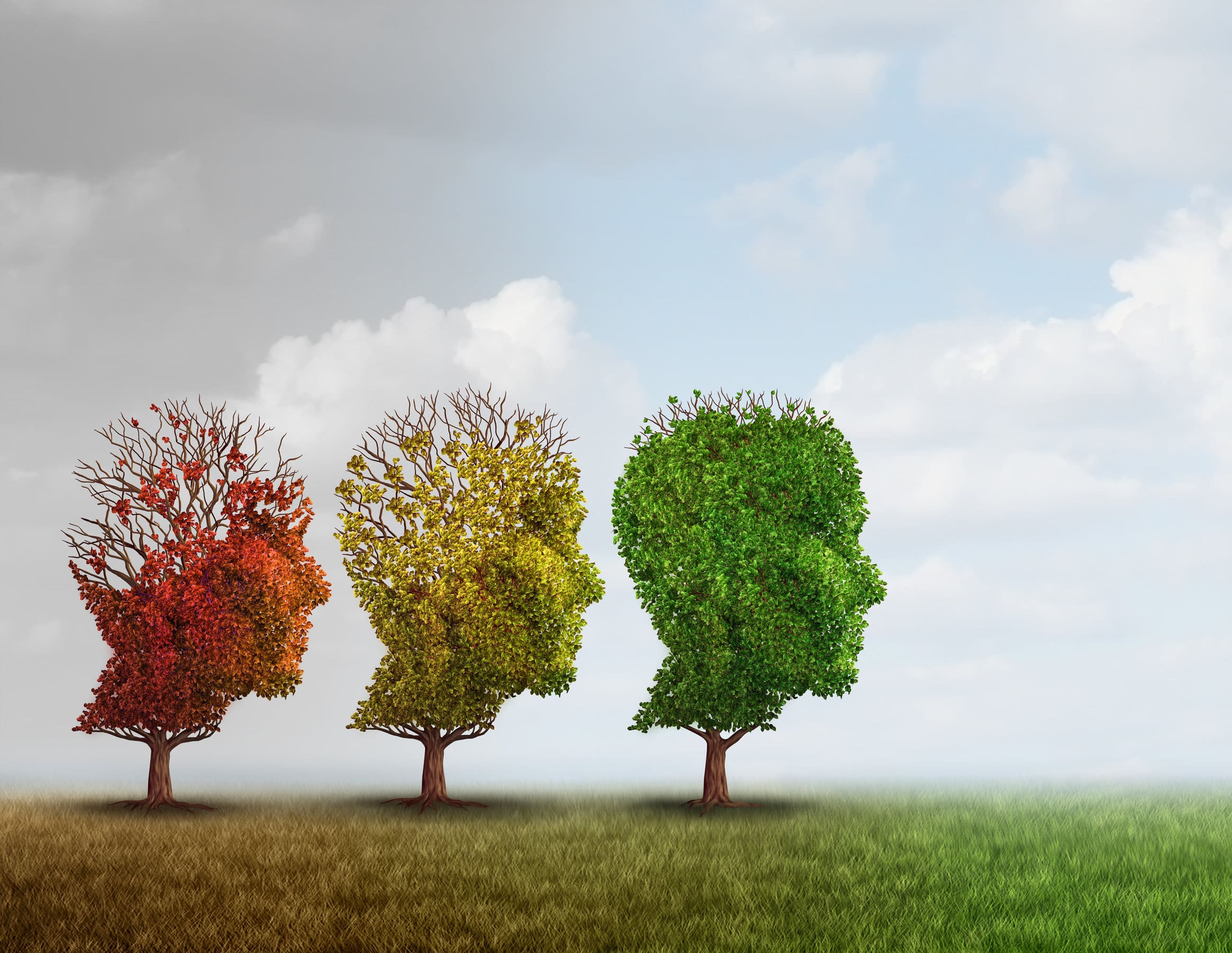

Bartlett realised that memory was not a perfect system; he maintained that when people were trying to remember things, they would remember them in a way that was specific to them, which may not necessarily be the same as other people. He argued that memory was not like a recording device and when someone remembered something, be it a piece of information or an event, for example, that the way in which they did this was not always strictly accurate.
Bartlett argued that rather than memories being retrieved precisely as they were stored, they would be reconstructed largely in line with the individual’s values and beliefs, especially when there was a gap in the memory. His ideas became popular again when it was realised during court trials that witnesses did not have strictly accurate recall of events that were under examination. It was found that witnesses would recall events based on their own reconstructions, which therefore meant that witness testimony was not always strictly accurate.
Like Piaget, Bartlett also argued that memories are largely dependent on the use of schemas. A schema, as we saw in the previous section, is a small ‘packet’ of information about something, which enables an individual to understand what it is without having to learn it all over again. For example, if you go to a country that you have never been to before, and at a restaurant they serve a type of food that you have never seen before, you will remember what the food looks like, how it smells and probably how it tastes and this will be your schema for that type of food, should you encounter it again in the future.
Schemas influence memory because they help individuals to make sense of things by organising information into categories. Schemas can help fill gaps in memory, although this is not always done strictly accurately. For example, if you were trying to remember how the food at the restaurant in the example above was being eaten, you might recall it was done so with a knife and fork because this is what you would expect to happen. However, in reality some countries use their fingers to eat food and this therefore makes this memory unreliable because it has been reconstructed using a personal schema.
Activity – Schemas
To understand better how schemas work, look at the following three words and write down what your schema is for each of those words. Then ask someone else what their schema is – are they the same? Probably not – this shows how reconstructive memory can provide inaccuracies when something is being recalled.